Our older furry residents take life a little slower than the younger ones, particularly when it comes to finding a new forever home.
If you’ve ever browsed our adoption pages, you may have noticed a long list of cats and dogs who are…. well…long in the tooth. But why is that?
While there are many reasons animals end up in our shelters, with older pets it’s often because their previous owners have fallen ill, or are no longer able to care for the animal themselves. Some owners have moved into residential care where animals are prohibited, while others have passed away.
Regardless of the way they come into our care, senior animals tend to face a similar situation – they often wait a longer time to be adopted than the younger animals.
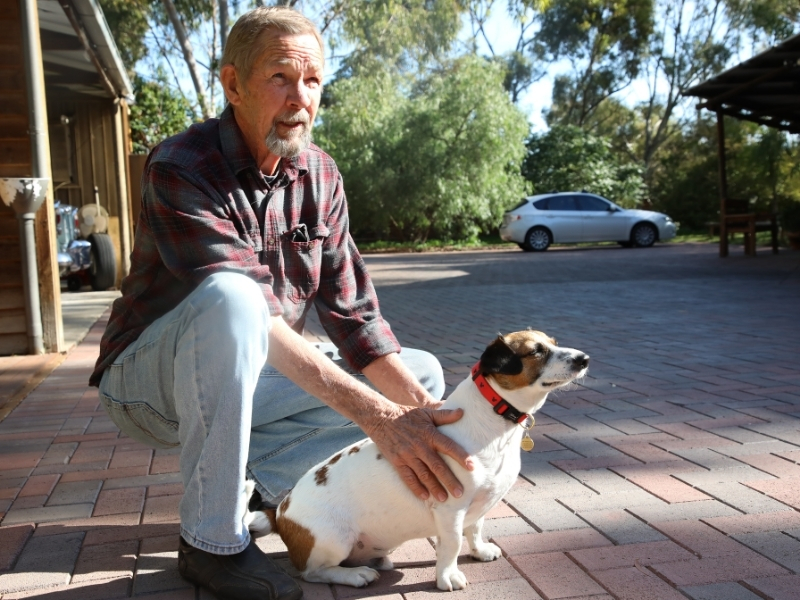
Finding the perfect match
When it comes to adopting an animal, there is nothing more important than compatibility. How will your new pet fit in with your family and lifestyle?
For older Australians, an older pet might just be the perfect match. A cat or pooch in its twilight years is often physically less demanding. Most of them are content to curl up on your lap and enjoy a pat, or to find a nice sunny spot to rest.
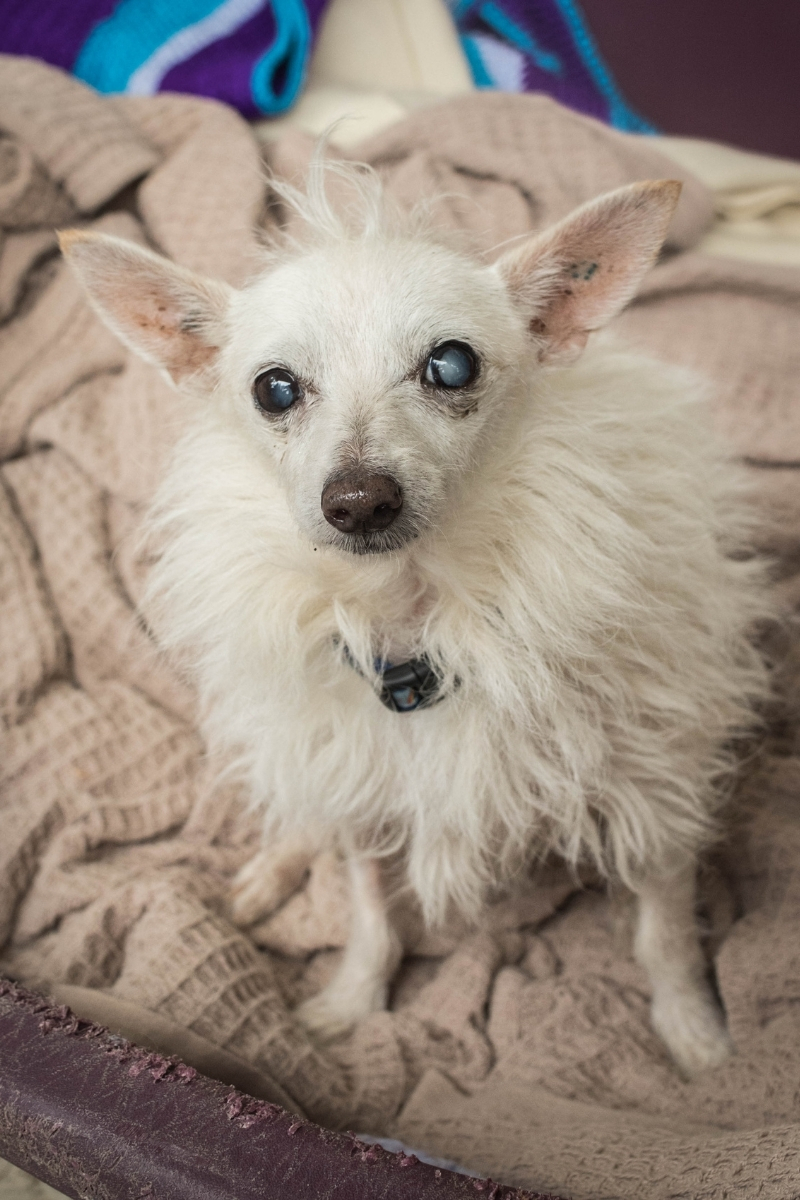
Less risk of indoor “mistakes” or damage with older pets
Your table legs, curtains, carpets and cushions will give out a collective sigh of relief when they see a gentle senior woofer trot through the front door.
They usually have toileting-etiquette worked out, they have learnt not to jump up, aren’t interested in chewing the woodwork or ripping up cushions, and are generally calmer than younger animals. In a nutshell, senior animals tend to be less demanding to live with than younger ones.
This doesn’t mean that you can’t teach old animals new tricks! Even though older animals can be a bit slower and more placid, they still like to have fun with their owners. A lot of older animals are still young at heart 😊.
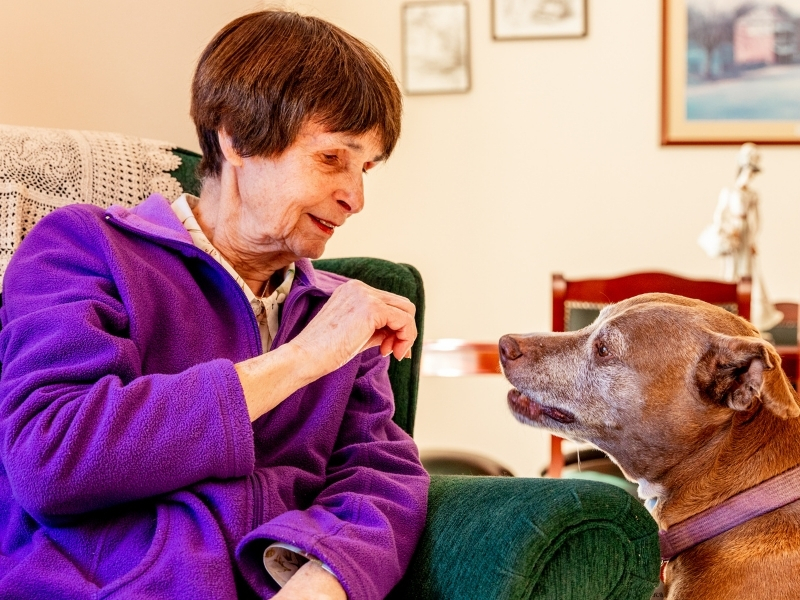
There are considerable benefits in owning pets for your health
Having animals in our lives can give us the push to become more active. Dogs, for example, need their daily walks and being outdoors in the fresh air is good for us too.
For elderly dogs, some exercise will help safeguard against osteoarthritis. Daily gentle exercise rather than anything strenuous is the way to go, such as a stroll around the block to get the blood pumping.
A 2019 study found that people who own a dog are more likely to have a healthier heart. More than 40% of participants in the study owned a dog and, as a result of their more active lifestyle, they had lower blood pressure and had overall better heart health.
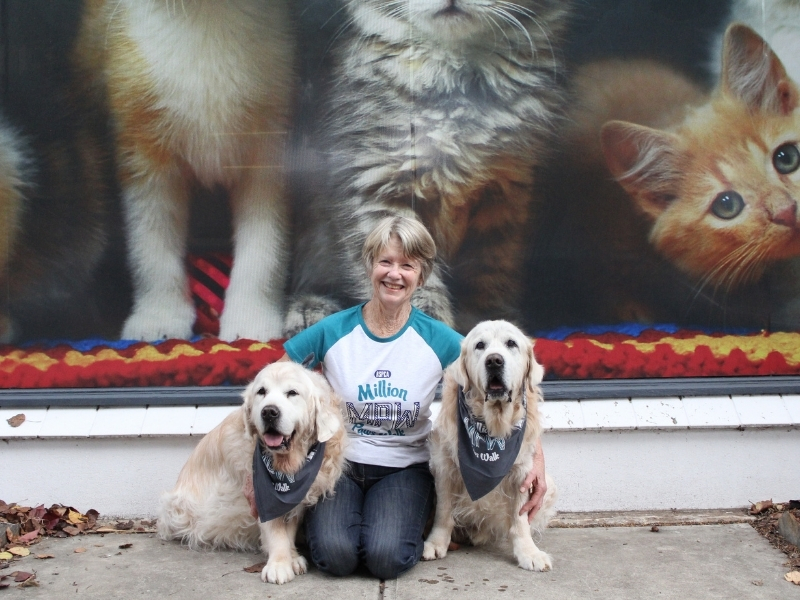
You will be taken aback by their immense gratitude
Animals need the same thing we all do . . . love and attention. And just because older animals have lived most of their lives with someone else, that doesn’t mean they are going to love living with you any less.
We have received lots of feedback from people who have adopted older animals from us, and they all say the same thing – “You can sense how grateful they are to have a new home.”

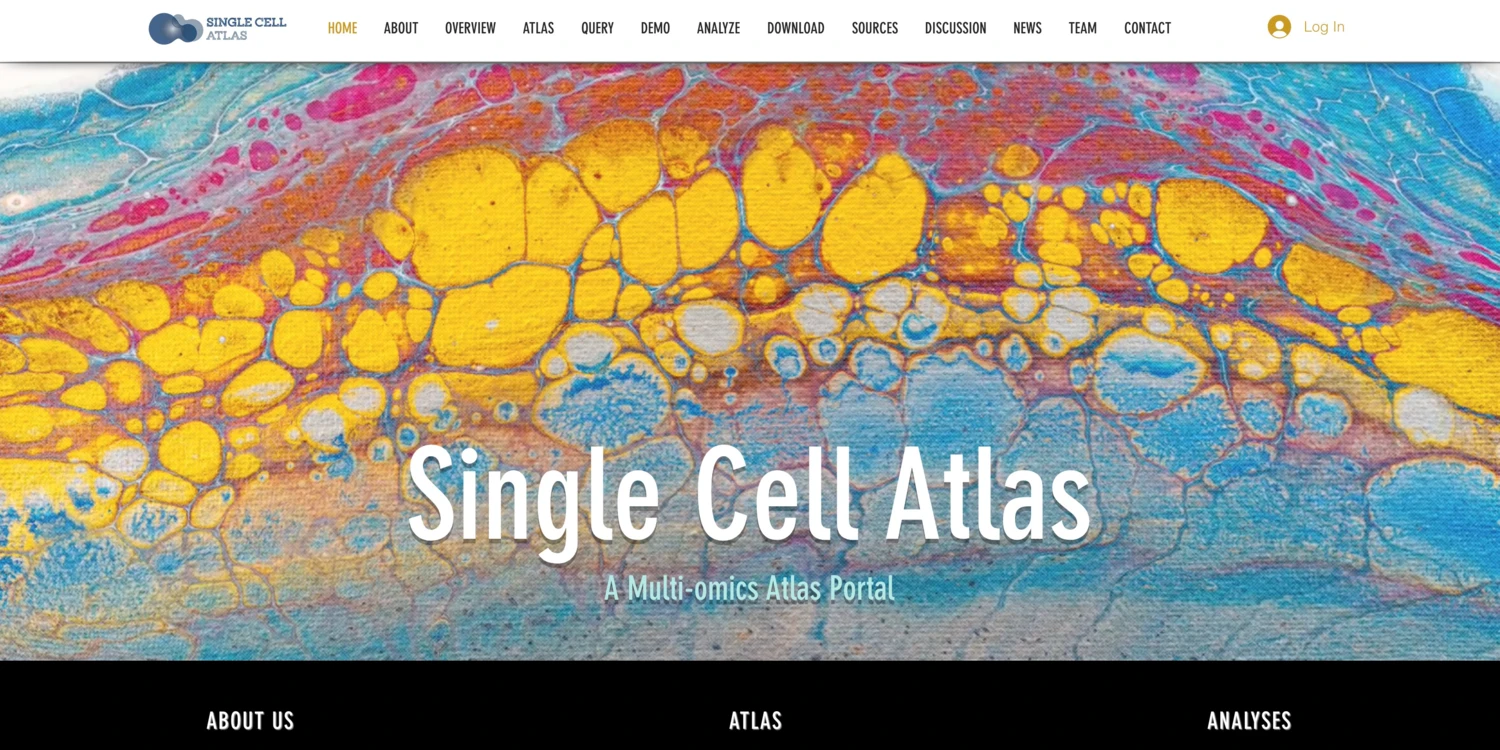



.jpg?sfvrsn=97edde42_5)


